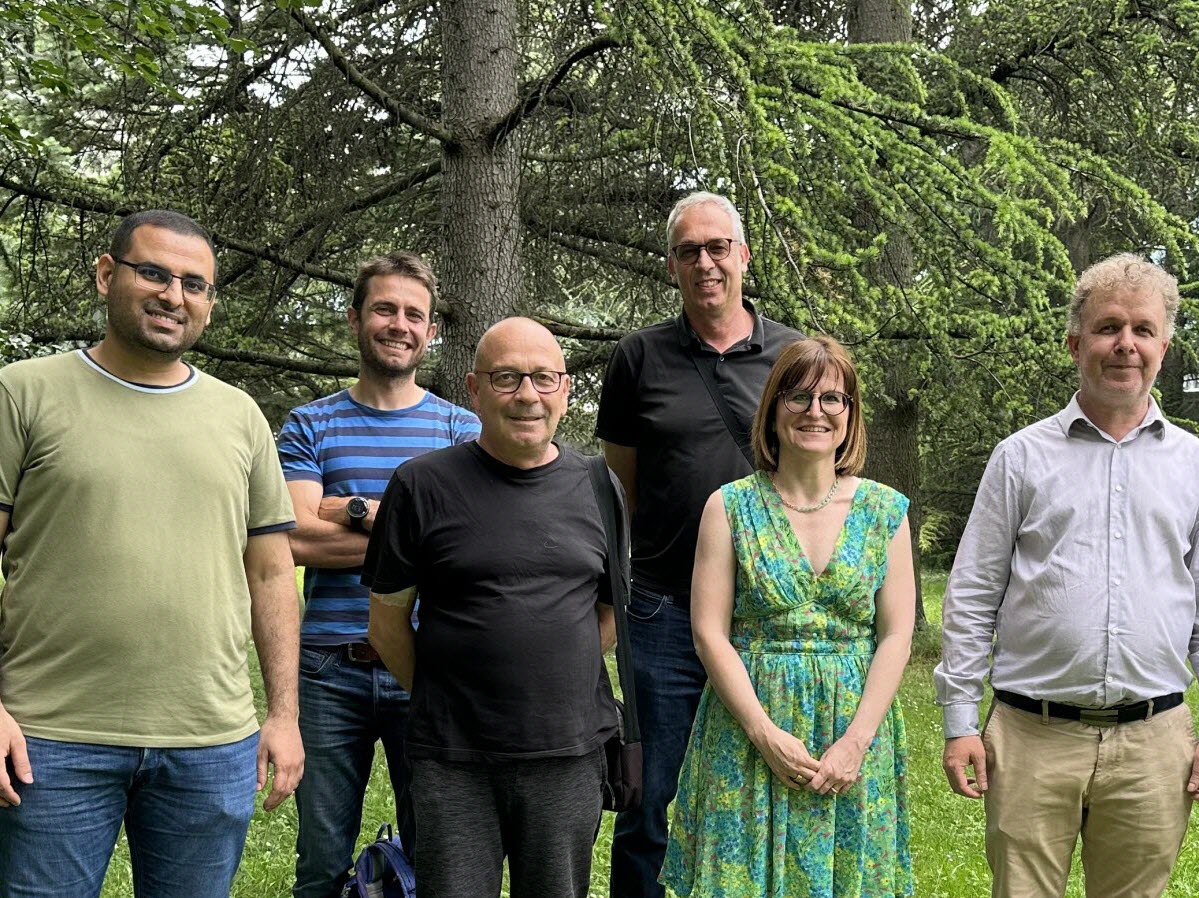- Share
- Share on Facebook
- Share on X
- Share on LinkedIn
Innovation
On July 2, 2024

A new implantable pancreatic bioreactor device has been developed by the SyNaBi team in the TIMC laboratory (Translational Innovation in Medicine and Complexity), in collaboration with Grenoble Alpes University Hospital and the LIPhy (3D printing) and LBFA (Laboratory of Fundamental and Applied Bioenergetics) laboratories.
This innovative approach is currently in the CNRS maturation phase (since May 2023), through the "BioPI" project: "implantable pancreatic bioreactor". Presented in an issue of CNRS Innovation in 2023, the project was the subject of a new feature in the economics section of the Dauphiné libéré of July 02, 2024.
Like an artificial pancreas, this innovative device will enable healthy insulin-secreting pancreas cells to be implanted, thus modulating blood glucose levels and regulating glycemia in patients suffering from type 1 diabetes. Distributed in a matrix printed by a 3D device produced at LIPhy and isolated by a porous membrane, the pancreatic cells can then be implanted under particularly interesting conditions: by isolating the pancreatic islets thanks to a porous membrane, the bioreactor eliminates the risk of rejection while promoting their oxygenation. The device is being developed in collaboration with Professors Sandrine Lablanche and Pierre Yves Benhamou, two diabetologists at Grenoble Alpes University Hospital.
Project partners:
- TIMC, SyNaBi team: Abdelkader Zebda, Boudewijn van der Sanden, Ibrahim Shalayel, Nikita Rajkumari, Capucine Arnol and Donald Martin
- TIMC, BCM team: Angélique Stéphanou
- LIPhy, MoVe team: Olivier Stephan, Laetitia Gredy
- LBFA, Diabete cell therapy axis: Emily Tubss, Sandrine Lablanche, Pierre-Yves Benhamou
- Grenoble Alpes University Hospital: Sandrine Lablanche and Pierre Yves Benhamou
Date
- Share
- Share on Facebook
- Share on X
- Share on LinkedIn